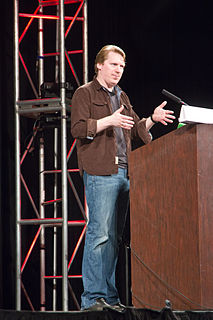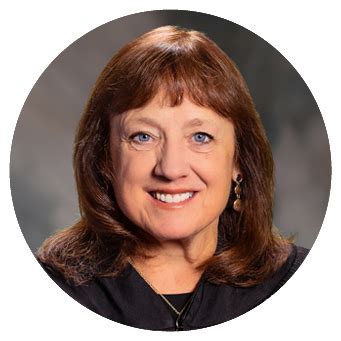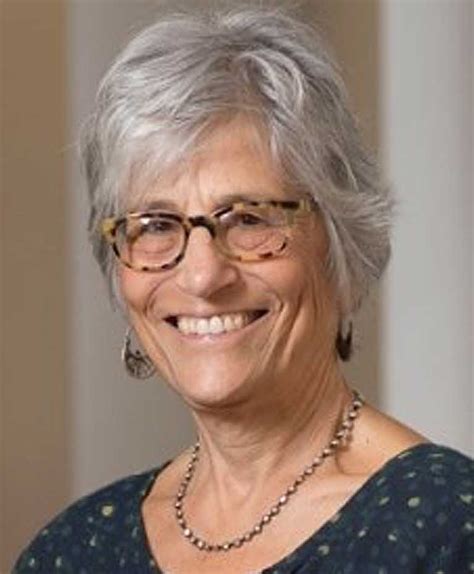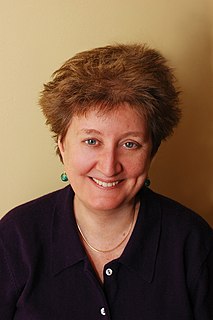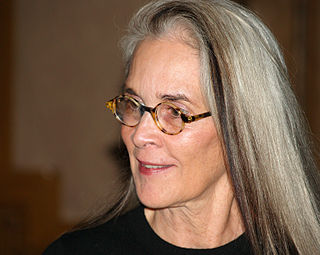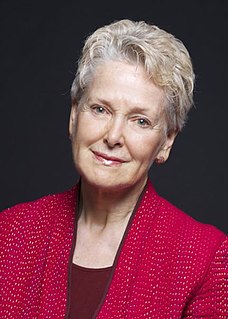A Quote by Barbara Crossette
The whole world population rests on women. You have to start with the woman. And the woman will make her own decisions. If you want to have five or ten children, fine. You can have big families or small families, but you have the family you feel you can afford or feed. In China the one - child policy is already finished - on its way out because the economic conditions end up producing the same effect. If people want an expensive flat in a place like Shanghai, you can't have more than one child or two.
Quote Topics
Afford
Because
Big
Big Families
Child
Children
China
Conditions
Decisions
Economic
Effect
End
Expensive
Families
Family
Feed
Feel
Fine
Finished
Five
Flat
Her
Like
Make
More
Out
Own
People
Place
Policy
Population
Producing
Rests
Same
Shanghai
Small
Start
Ten
Than
Two
Up
Want
Way
Whole
Whole World
Will
Woman
Women
World
World Population
Related Quotes
Short of preventing harm to the child, the standard of 'best interest of the child' is insufficient to serve as a compelling state interest overruling a parent's fundamental rights.... To suggest otherwise would be the logical equivalent to asserting that the state has the authority to break up stable families and redistribute its infant population to provide each child with the 'best family.' It is not within the province of the state to make significant decisions concerning the custody of children merely because it could make a 'better' decision.
The nuclear family must be destroyed, and people must find better ways of living together.... Whatever its ultimate meaning, the break-up of families now is an objectively revolutionary process.... No woman should have to deny herself any opportunities because of her special responsibilities to her children... Families will be finally destroyed only when a revolutionary social and economic organization permits people's needs for love and security to be met in ways that do not impose divisions of labor, or any external roles, at all.
The narcissistic, the domineering, the possessive woman can succeed in being a "loving" mother as long as the child is small. Only the really loving woman, the woman who is happier in giving than in taking, who is firmly rooted in her own existence, can be a loving mother when the child is in the process of separation.
In the United States, the average is two children per family, while in Africa it is five children per family. On the surface, the statistic seems to indicate that Africans are having way too many kids and are taxing the Earth's resources, while American kids are born into families who are able to take care of them. However, the average American child consumes roughly the same resources as fifteen African children. So when an American family says they only have two children, they are actually consuming the resources of an African family of thirty children!
'The Big Girls' has always seemed to me to be a story about different kinds of families - a divorced mother with a child; a father with his child and his girlfriend; a mother of three children, suffering from postpartum depression; and the rigid artificial families maintained by women in prison - all potentially perilous.
The best thing we can do for family values is to repeal the income tax. Then families will have the resources they need to implement their own values - and not those of the politicians. With the income tax gone, families will no longer be forced to have two breadwinners by necessity. Children will be raised better, family values will predominate, and crime will diminish. If your local school indoctrinates your child with values that are alien to you, you'll have the money to buy a private education.
Women tend to be more interested in reconciliation. A Kenyan woman leader said to me, "You know, in a war, men and women want different things. The men care a lot about territory. And they care where the borders are. And they want this whole state. The women," she said, "they want a safe place." And she put her fingers like this, "They want a safe place for their children to go to school without being shot, for their daughters to not be raped."

